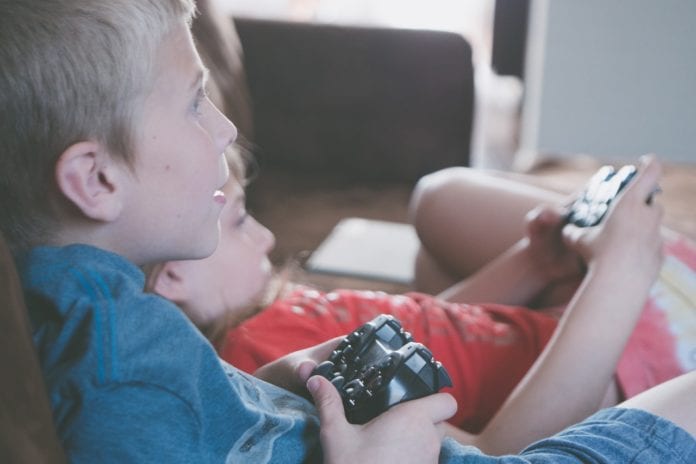The amount of time your child dedicates to playing Fortnite with their friends may be a sign of a deeper addictive disorder, according to the World Health Organization (WHO).
But some experts in the field are skeptical of WHO’s criteria, and suggest there’s more to the issue than what the organization says.
On Tuesday, WHO released the 11th revision of the International Classification of Diseases (ICD-11), which contains around 55,000 unique codes for injuries, diseases, and causes of death.
New to this version is the addition of ‘gaming disorder’ to the section on addictive disorders.
WHO defines gaming disorder as a pattern of behaviour “characterized by impaired control over gaming, increasing priority given to gaming over other activities to the extent that gaming takes precedence over other interests and daily activities, and continuation or escalation of gaming despite the occurrence of negative consequences.”
The organization says that any kind of behaviour must have been evident for at least 12 months before a diagnosis can be made.
The addition of gaming disorder to ICD-11 “follows the development of treatment programmes for people with health conditions identical to those characteristic of gaming disorder in many parts of the world,” WHO said.
Addictions are often a symptom of an underlying problem
David Leach, UVic writing department chair and gaming culture expert, tells Victoria Buzz there are a number of issues with WHO’s assessment of gaming addiction.
For one, WHO’s definition of gaming disorder doesn’t make the distinction between different types of video games. A narrative-based title like God of War, for example, may evoke a different response from a player than a game like Fortnite, or a mobile game on your iPhone.
“It’s like talking about books as a category, or saying somebody has an addiction to movies,” Leach says.
“One of my critiques is when you put gaming into the category of addictive behaviour, it makes it seem like gaming is a source of the problem,” he adds. “But it’s often a symptom of an underlying problem.”
Leach says there could be outside factors in someone’s home, social, or work life that pushes them to spend more time playing games.
“It’s something they can master and be good at … in ways they haven’t been able to do in elements outside their life. It’s a much more complex situation in that sense,” he explains.
Parents should ask questions about kid’s gaming habits
If you’re a parent who’s concerned about how much time their kids are playing video games, Leach suggests taking your hand off the panic button.
Instead, “spend a little bit of time just watching your kids and understanding the games they play, and why they play them,” Leach says.
“Setting limits to game time makes sense,” he adds. “But it has to be realistic as well. Parents need to understand gaming is a part of their kid’s culture and social life.”
As for everyone else, Leach encourages people to stop talking about people being ‘addicted’ to gaming.
“It makes it sound like there’s an instant or strong physiological effect … I don’t think it’s accurate, and certainly not accurate to most games.”



